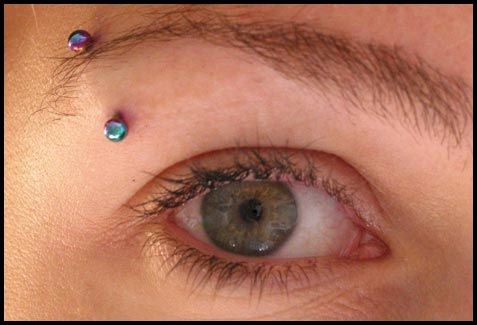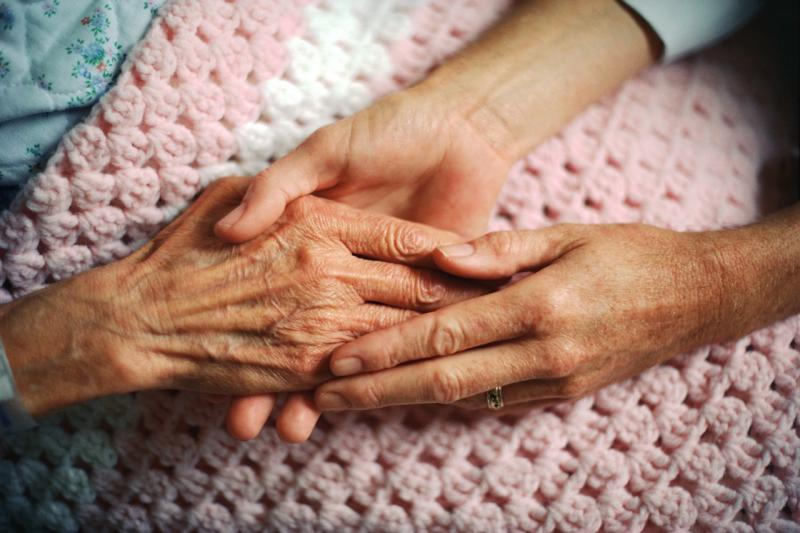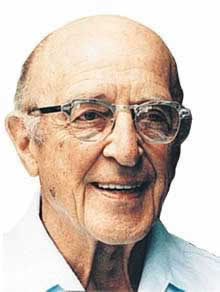Unconditional Positive Regard: The Being and Doing of Coaching - Part Two

When our coaching clients experience complete acceptance of who they are without judgment, and feel prized and understood, great things happen.
The suspension of judgment is a real challenge for many people. To keep ourselves safe we have learned to make distinctions in the world. Our ancestors needed to quickly appraise the behavior of an animal and know whether to ignore it, hunt it, or climb a tree very quickly! Today we can certainly protect ourselves by being wary of the suspicious salesperson (or website) pushing the deal that sounds (and is) too good to be true. We can hold on to our right to choose whom we associate with. Drawing distinctions is not the same thing as making judgments, but sometimes we get the two confused.
Our first distinction as a coach may be between the person who is our client and their behavior. We may get a picture of a client who may behave in ways that are contrary to our own personal values, perhaps as they recount a tale of moral ambiguity. But can we suspend judgment, listen deeply, connect with the person telling the tale, and help them feel heard? If we show in any way our disapproval of them, or communicate that they are a bad person for having behaved as they have said, their defensive walls will go up. If we stay with them and allow their story to unfold we may be surprised at how our perception of both them and their behavior changes.
Sometimes passing judgment occurs when we are in the diagnostic mindset of trying to figure the other person out or fix them. When we don’t understand another person’s actions or motivations we fill in the blank with a theory of our own usually based in judgment. “Well, they must be a lazy person because they aren’t willing to work at getting better.” Perhaps we have a belief system where we believe that people have to “earn” our respect by living their lives as we think they should. It is so tempting to “make sense” out of our client’s behavior by trying to imagine what we would do, and when it is different, to pass judgment. Despite our own efforts to convince ourselves that we are merely figuring out the person’s characteristics, we are usually just being judgmental.
 Don't let what you fear cause you to judge.
Don't let what you fear cause you to judge.
Judgment also occurs when we are trying to keep our world small. When I exclude others because I judge them to have faults or behave in ways I don’t understand or agree with, I whittle down whom I am willing to associate with. Perhaps I judge them because they are experiencing something I never want to experience and that frightens me (like being divorced, obese or having heart disease). If I judge them, then they are different than me and there is more distance put it place between me and what I fear.
The most devious aspect of judgment is that we usually aren’t aware we are even doing it. Sometimes the most judgmental people may aspire to be very non-judgmental! If we have learned that our natural tendency is towards judgment, we need to do our best at self-monitoring and then choose how we want to interact with others. Once again, providing unconditional positive regard, being non-judgmental is a coaching skill of being rather than doing. It is not a technique. Techniques come from the head, less from the heart.
“When we come into contact with the other person, our thoughts and actions should express our mind of compassion, even if that person says and does things that are not easy to accept. We practice in this way until we see clearly that our love is not contingent upon the other person being loveable.” Thich Nhat Hahn
 Carl Rogers 1902-1987
Carl Rogers 1902-1987
What we call coaching today is rooted firmly in the work of Carl Rogers. Most second cousins such a Motivational Interviewing, Appreciative Inquiry, and Non-violent Communication all share this original foundation. Roger’s Facilitative Conditions of Therapy apply directly to coaching as Facilitative Conditions of Coaching, and, I believe truly define Coaching Presence. For Rogers unconditional positive regard (UPR) was just that…acceptance without conditions, and he held this acceptance to be a basic human need. UPR is about respect without strings. The other person need do nothing at all to “deserve” it.
UPR is about accepting all aspects of the person’s experience, even those aspects that they don’t want to change. For the health and wellness coach or any wellness professional, this is a critical point. Can we accept the fact that our client does not want to quit smoking? It is not “okay” that they smoke. It is not good that they smoke. We know it is bad for their health (as they probably do too). We don’t “collude with their illness” and give permission. However, can we suspend judgment on that behavior and work with the whole person, accepting them fully as a person, and becoming a true coaching ally? Experienced coaches will often tell of many times when they did this, that their clients eventually choose to quit smoking on their own later in the coaching or afterwards.
The Samurai of ancient Japan had a saying: “Expect nothing, be prepared for anything.” The saying entreats us not to hold the expectation that nothing would happen, but rather to have no expectations whatsoever. Expectations are the flipside of the same coin where judgment resides. Our expectations limit our awareness and ultimately our experience of the other person. In coaching we create “agreements” rather than holding expectations. My client and I create an agreement whereby she/he will track their activity each day for the next week. If I simply “expect” these things to happen I may be disappointed and have no real way to confront the client if they fail to follow through on my expectations. If I “expect” the client to behave in certain ways, I am putting my own “should’s” on to them.
In the new book by Al Ritter, The 100/0 Principle (http://www.100-0principle.com/) we see how essential a lack of expectations and judgment is to all of our relationships. Our relationships are in fact the biggest factor in our success and satisfaction in life. Ritter proposes that by taking 100% responsibility for our relationships and expecting 0% back in return we can transform our lives by creating solid relationships all around us. He outlines three simple steps: 1) demonstrate complete respect and kindness whether you believe the other person deserves it or not; 2) expect nothing in return, absolutely nothing; 3) be persistent, we often give up too soon. Sound like he’s been reading Carl Rogers.
Please comment on your own experience with unconditional positive regard, whether in coaching or everyday life. Be well!








Only registered and logged in readers can leave comments.